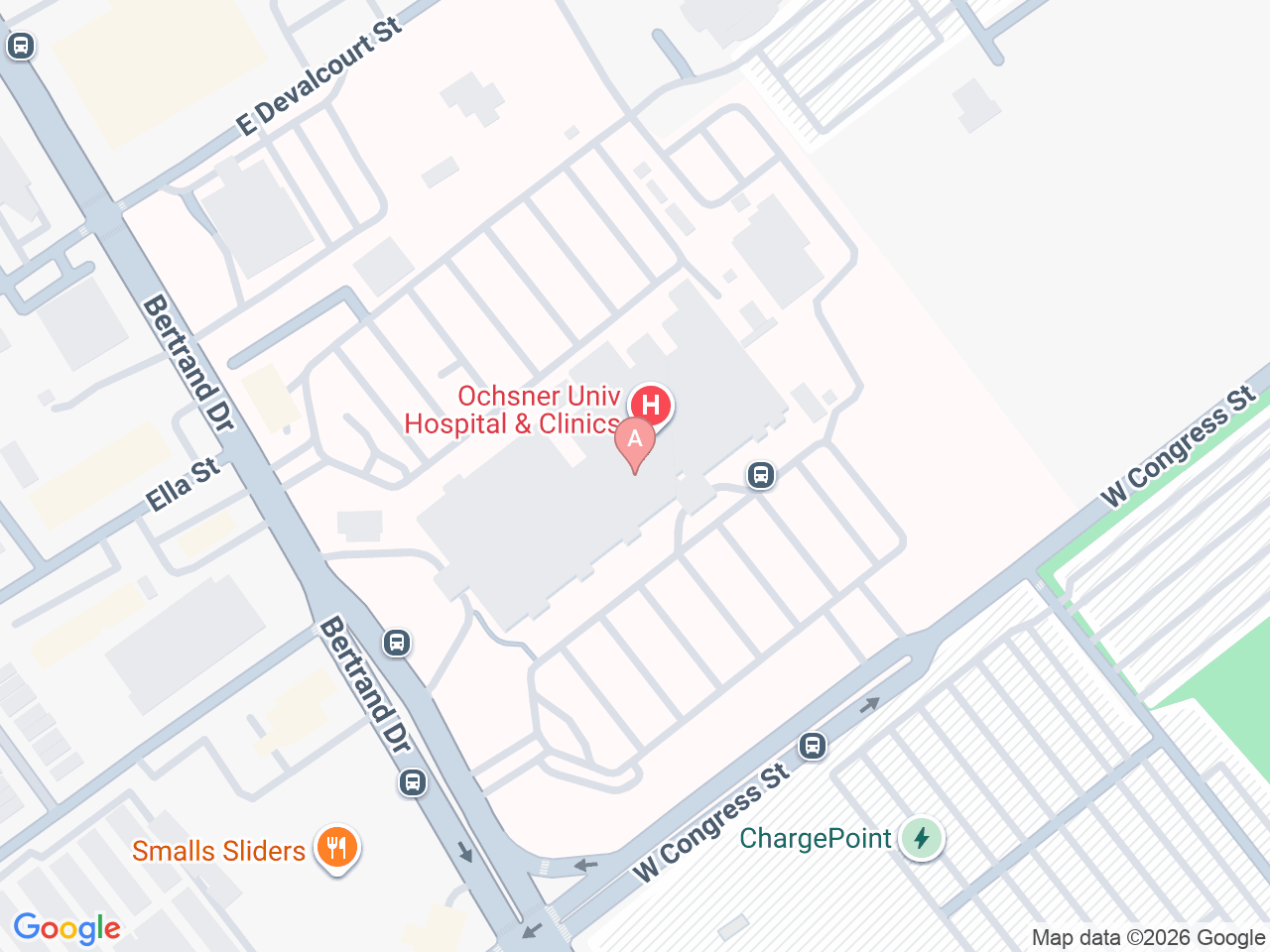Low Testosterone (Male Hypogonadism)
Almost 40% of men aged 45 and older have Low Testosterone (Low T), a condition where the testes don’t produce enough of the male sex hormone testosterone.
Ochsner Health is the leading nonprofit healthcare provider in the Gulf South. Ochsner inspires healthier lives and stronger communities through our mission to serve, heal, lead, educate and innovate.
Thank you for choosing Ochsner Health for your care. We are committed to making an ongoing difference in the health of our communities.
Connect to care at Ochsner. Click on a featured specialty on the list or search for a specialty.
Ochsner is committed to a clinically-integrated research program with the ultimate goal of improving the health and wellness of our patients and communities. As the largest academic medical center in Louisiana, we are training the next generation of healthcare professionals to be leaders who can meet evolving healthcare challenges.
Discover Your Future At Ochsner! With unlimited growth potential, both professionally and personally, now is the time to start your future with Ochsner.


Almost 40% of men aged 45 and older have Low Testosterone (Low T), a condition where the testes don’t produce enough of the male sex hormone testosterone.
Ochsner is home to a compassionate, caring team dedicated to quickly diagnosing your condition and getting you the treatment you need.
If you think you have low testosterone, don’t hesitate to see a doctor. To make an appointment, give us a call.
With male hypogonadism, the testicles don't produce enough of the male sex hormone testosterone. This condition can begin during fetal development, before puberty or during adulthood.
In primary hypogonadism, also known as primary testicular failure, the condition is caused by a problem in the testicles.
In secondary hypogonadism, there is a problem in the hypothalamus or the pituitary gland, the parts of the brain that signal the testicles to produce testosterone.
Aside from aging, Low T can be caused by:
Low testosterone is diagnosed with a blood test. Since levels normally fluctuate throughout the day, testosterone levels should be measured in the early morning when levels are at their highest.
Your Ochsner urologist may suggest one of the following testosterone delivery methods:
Testosterone Injections: Giving yourself injections in the muscle at home is an effective and safe treatment method. Long-acting testosterone injections are also available. It can be injected less frequently but must be administered by a healthcare provider.
Testosterone Patches: A patch containing testosterone is applied each night to your back, abdomen, upper arm or thigh (you rotate locations to avoid skin irritation).
Testosterone Gels: Depending on the brand, you can either rub testosterone gel into your upper arm or shoulder, apply it under each armpit, or pump on your front and inner thigh. (Note: these gels require special care in making sure that the hormone is not accidentally transferred to another person)
Gum and Cheek Testosterone Replacement: This treatment delivers testosterone through the natural depression above your top teeth.
Nasal Gel: Testosterone can be pumped into the nostrils as a gel, reducing the risk that it will be transferred to another person through skin contact.
Oral Testosterone: This oral testosterone capsule is FDA approved, and it treats men with certain forms of hypogonadism.
Testosterone therapy is not without risks.
It may:

We change and save lives every day. Your support makes it possible.
Sign up for our free newsletters to get the best of our healthy living tips delivered straight to your inbox.

We'd love to know more about you so we can deliver the most relevant content.
Which of the following best describes you?